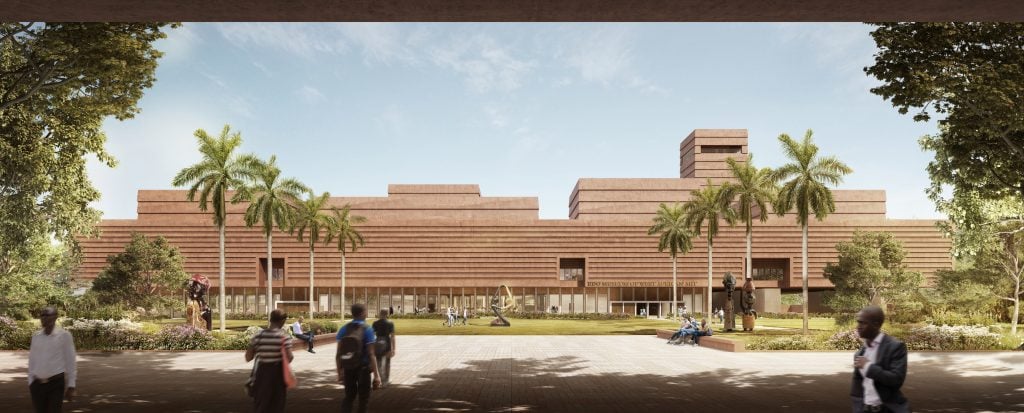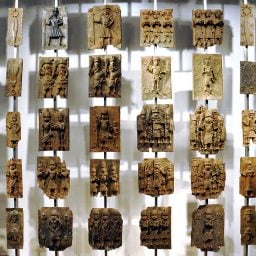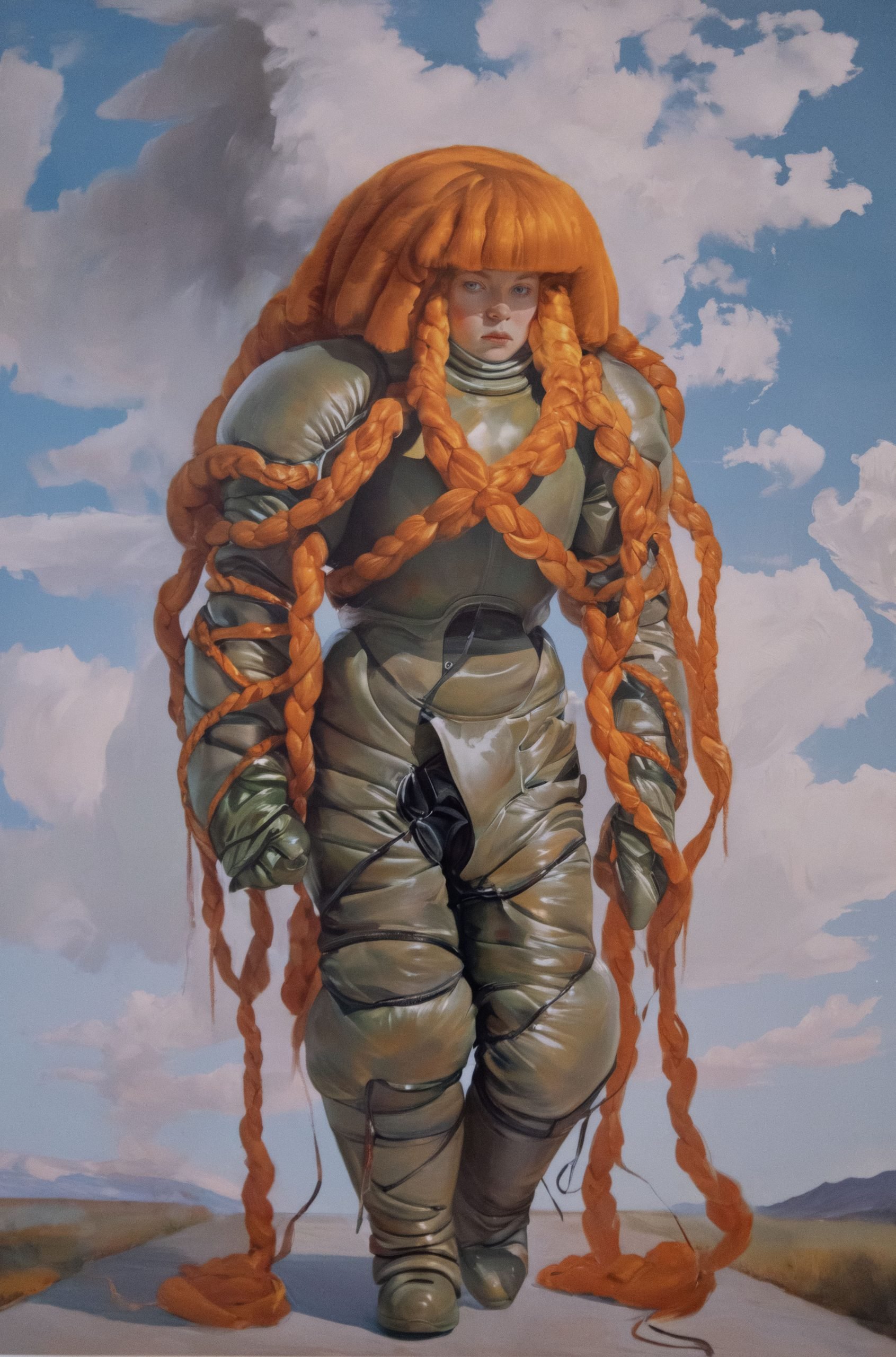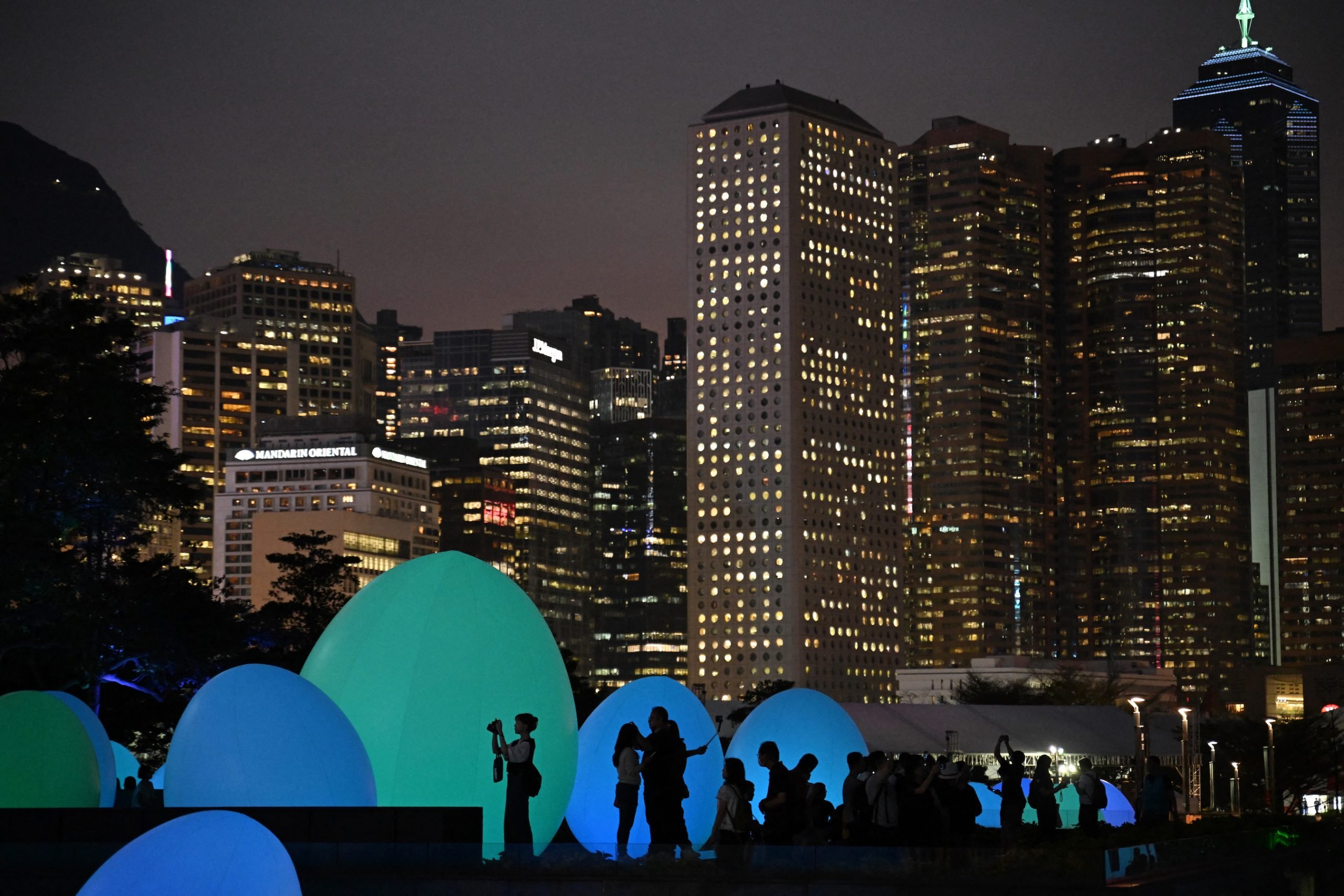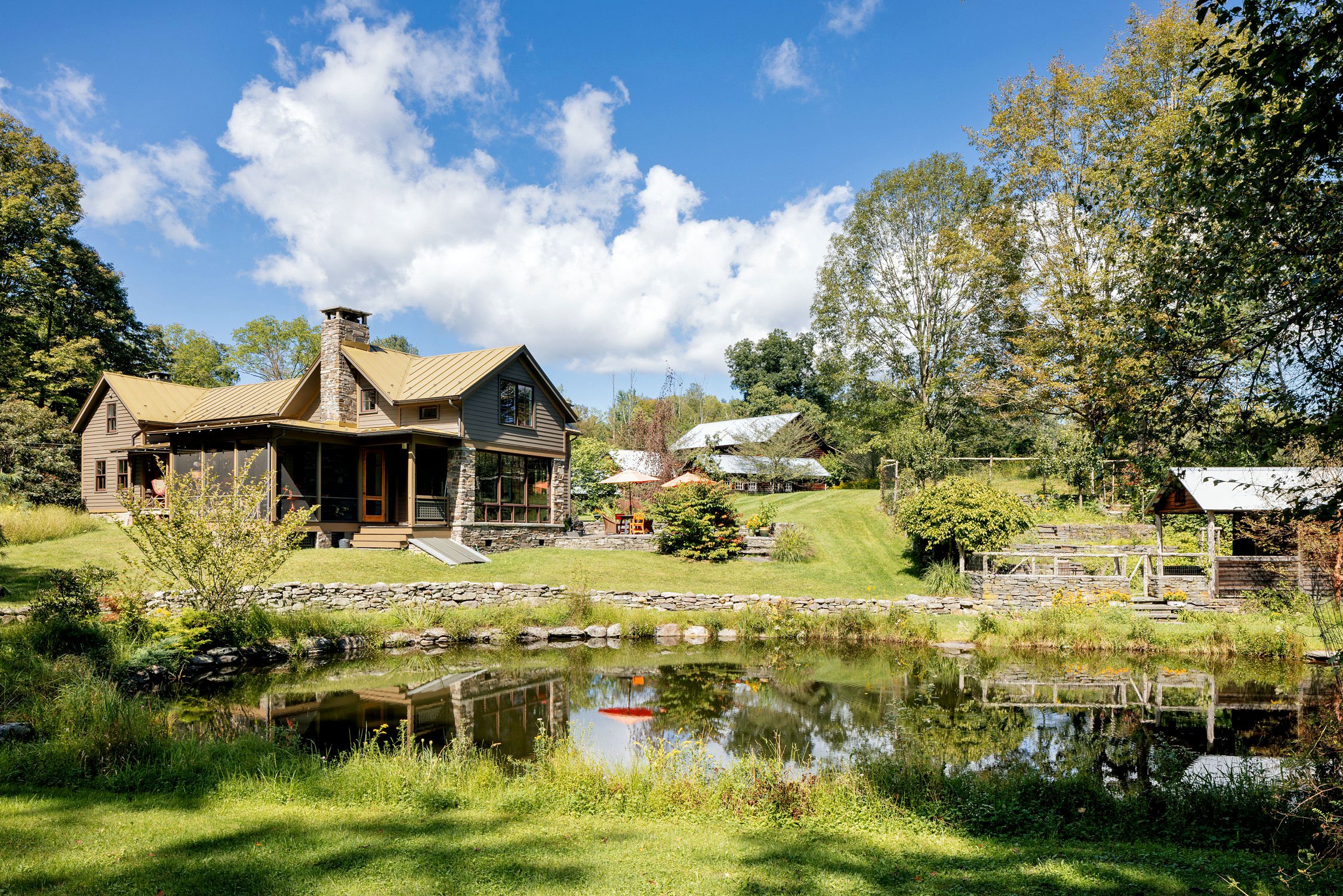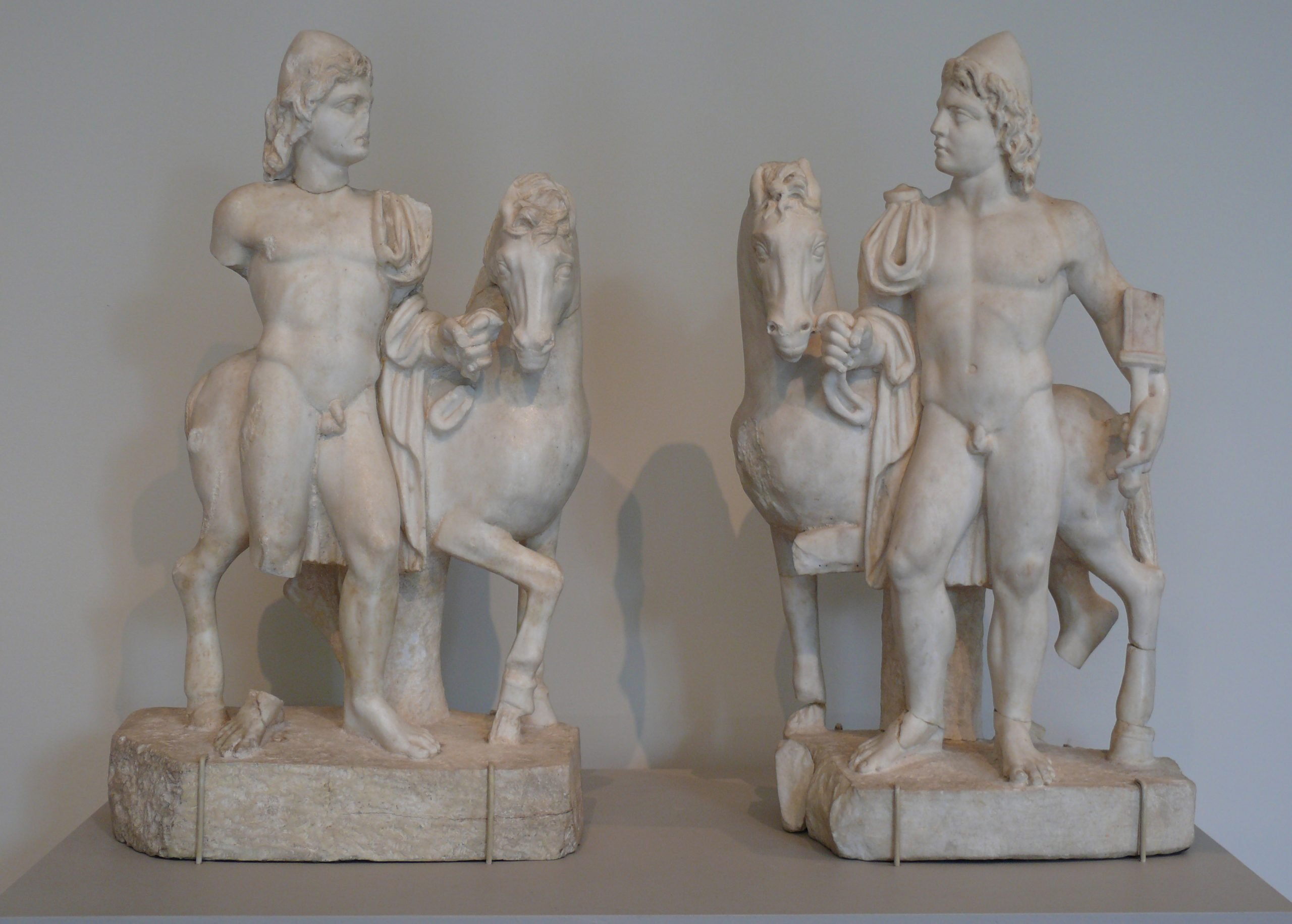The forthcoming Edo Museum of West African Art (EMOWAA) in Benin City, Nigeria, is sitting atop a treasure trove of cultural heritage.
Valuable archaeological remains from the former Kingdom of Benin are buried beneath the proposed site for the forthcoming David Adjaye-designed museum, which will physically incorporate ruins as well as art objects from the former kingdom that have never been fully investigated.
In an effort to foster greater cultural ties with Nigeria against the backdrop of a grisly colonial history—including the mass looting of the Benin royal palace by British forces in the 19th century—the British Museum is helping teams on the ground excavate the ruins as part of an ambitious $4 million project beginning in 2021.
Unlike the cultural artifacts that were taken in the 19th century, which are today spread across many museums in Europe and the US, objects unearthed as part of the five-year EMOWAA Archaeology Project will remain in Nigeria, and become part of the forthcoming museum’s collections and displays.
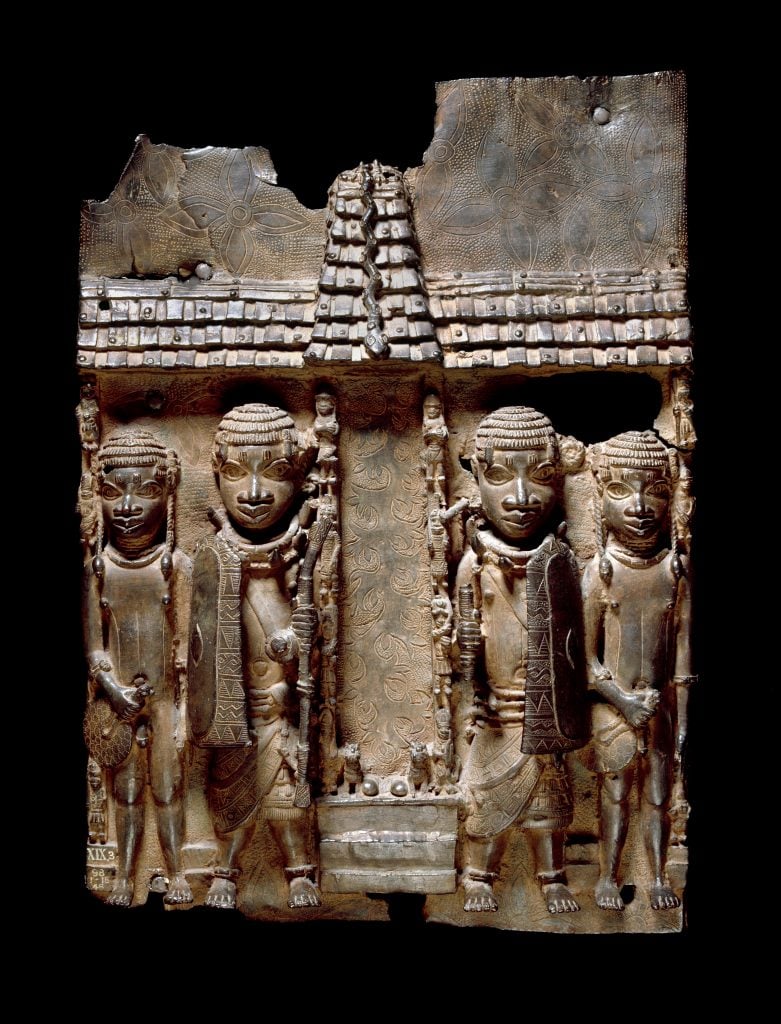
Benin brass plaque (16th–17th century) showing Benin court officials flanking a palace entrance or altar. 2020 © Trustees of the British Museum.
The British Museum’s director, Hartwig Fischer, said in a statement that the institution was honored to help investigate the history of the Kingdom of Benin to advance a “shared understanding of cultural heritage.”
He added that the project “will surely become one of the most significant museum initiatives in the coming decades.”
The British Museum currently holds more than 900 Benin objects in its collection, and around 11 percent of them are on permanent public display. An international consortium of museums known as the Benin Dialogue group, of which the British Museum is part, is working to support the construction of the museum, which would be a major step towards enabling a permanent display of Benin art.
The British Museum has promised it would consider lending objects to the new museum, although it maintains that a full transfer of ownership would not be legally possible.
Other partners working on the archeology project include the Legacy Restoration Trust, which helped the British Museum raise money for the excavation; the Benin Royal Court; the Government of Edo State; and the National Commission for Museums and Monuments.
Adjaye, the museum’s architect, said he hopes the building will establish a new paradigm for what museums in African can be. He has thus far proposed incorporating the surviving remains of walls, moats, and gates of the historic city into the new building.
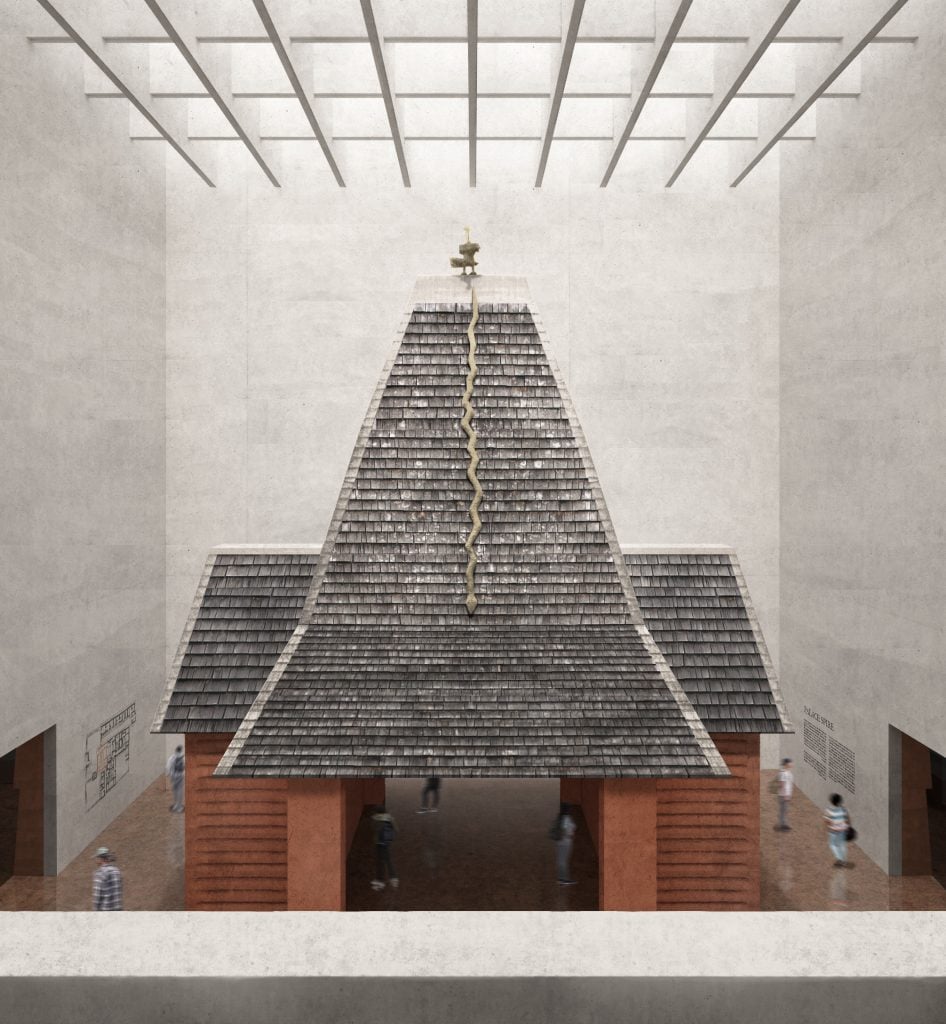
Reconstructed Royal Spire Pavilion © Adjaye Associates.
Much of the Kingdom of Benin’s history is depicted in narrative details carved onto thousands of brass and bronze plaques known as the Benin Bronzes, which once decorated the pillars of the royal palace before it was ransacked by British forces.
One of the major focus points of the museum will be reuniting the bronzes, which are currently scattered around the world, in one place. Alongside the project, the online database Digital Benin is collecting documentation and information surrounding Benin materials into one place.
The Kingdom of Benin, a once-powerful pre-colonial West African empire, was extinguished in 1897 when British troops invaded and absorbed it into the British Empire.
The new museum will tell that history and also include contemporary art galleries featuring works that respond to current issues, such as the ongoing debate surrounding the restitution of African heritage from European museum collections.
Follow Artnet News on Facebook:
Want to stay ahead of the art world? Subscribe to our newsletter to get the breaking news, eye-opening interviews, and incisive critical takes that drive the conversation forward.
